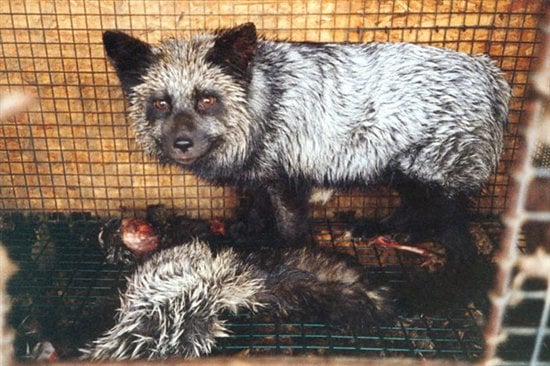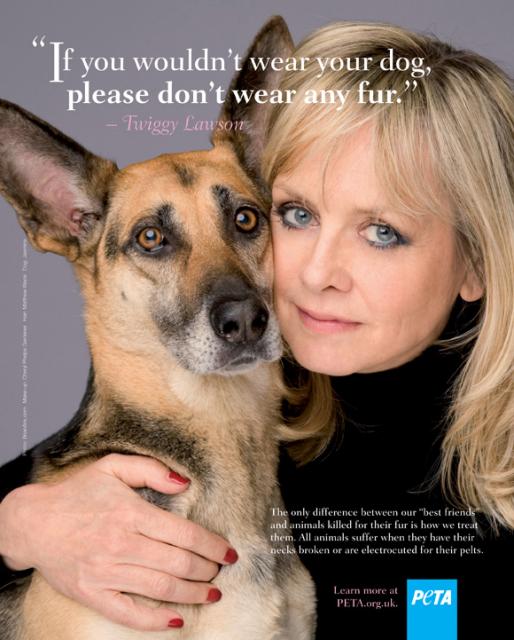Global fur trading continues to die as Germany votes for a bill that will shut down its six remaining fur farms!
MEILENSTEIN: Bundestag stimmt für faktisches Ende von Pelzfarmen ? Im Juni wird der Gesetzentwurf dem Bundesrat vorgelegt. pic.twitter.com/K8jRueJq60
— PETA Deutschland (@PETADeutschland) May 19, 2017
This victory is over 20 years in the making.
Since PETA Germany was founded in 1994, it has lobbied for a fur-farm ban and conducted several investigations, petitions, protests in front of mink farms, and celebrity anti-fur ad campaigns, all of which have finally led to the passing of this legislation.
Germany’s last fur farms will close down after a five-year transition. The new bill demands stricter regulations governing fur farming and will effectively make the raising of minks nonviable for farmers. Fur-farming bans and stricter regulations that inevitably cause facilities to close are becoming increasingly widespread. Within the last year, both Japan and Croatia took similar steps to eradicate fur farms.
Millions of animals around the world are beaten, electrocuted, and skinned alive for their fur.
Eighty-five percent of the fur industry’s skins come from animals held captive on fur factory farms. These farms often hold thousands of animals, and the kinds of abuse that the facilities engage in are remarkably similar around the globe.
No animal deserves to be electrocuted, gassed, or skinned-alive for their fur ? Tell @furla to stop selling it! https://t.co/Pabba0hsTG pic.twitter.com/6CX1mPd7yk
— PETA (@peta) May 15, 2017
Whether the fur comes from China (where there are no penalties for abusing animals on fur farms), Sweden (where minks have been found living with open head wounds and severe infections), or the U.S. (where foxes are gassed and electrocuted to death), all fur means cruelty to animals.
Many companies and celebrities are now fur-free.
After learning about the horrific cruelty behind every fur jacket, trim, or cuff, many powerful voices wanted to help PETA take down this industry. People like Jhené Aiko, Penélope Cruz, Taraji P. Henson, Eva Mendes, and even first lady Melania Trump have all gone fur-free.
Parsons School of Design—the leading fashion design university in the country—has also recently cut ties with the fur industry, and top designers and design houses like Giorgio Armani, Bottega Veneta, Calvin Klein, Ralph Lauren, Vivienne Westwood, and Hannah Weiland of Shrimps refuse to use animal pelts.
Together, we can create a fur-free world.
Always wear non-animal materials and speak out against companies that sell fur. With so many beautiful and warm vegan options today, it’s easy to leave fur out of the closet or showroom.






